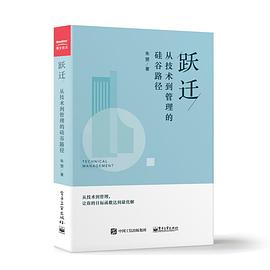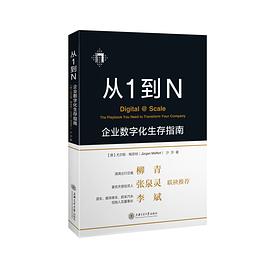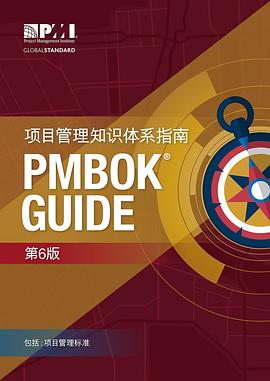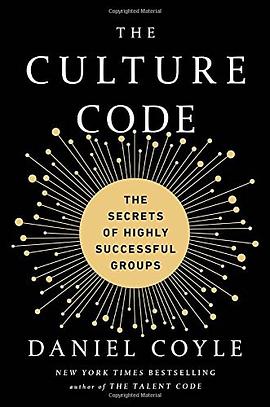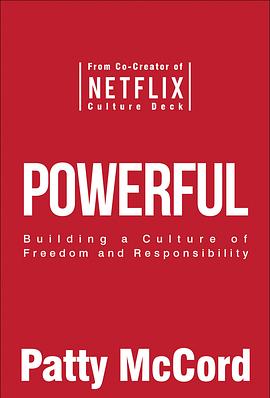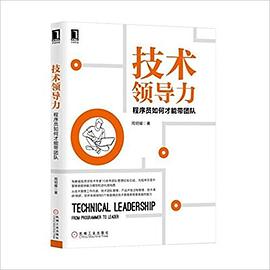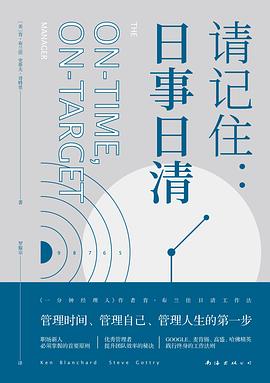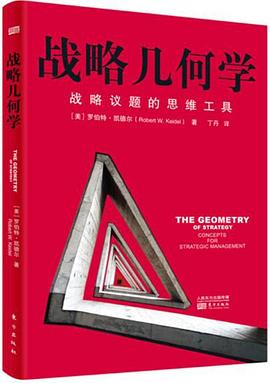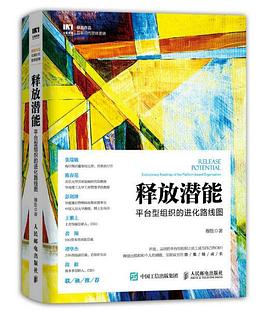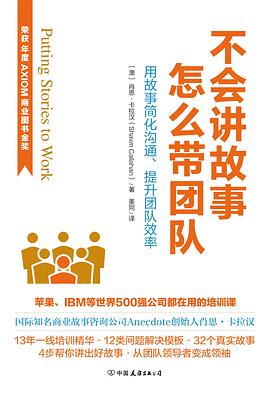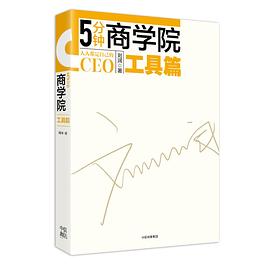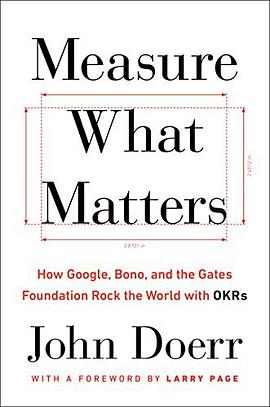

具体描述
In the fall of 1999, John Doerr met with the founders of a start-up he’d just given $11.8 million, the biggest investment of his career. Larry Page and Sergey Brin had amazing technology, entrepreneurial energy, and sky-high ambitions, but no real business plan. For Google to change the world (or even to survive), Page and Brin had to learn how to make tough choices on priorities while keeping their team on track. They’d have to know when to pull the plug on losing propositions, to fail fast. And they needed timely, relevant data to track their progress—to measure what mattered.
Doerr taught them about a proven approach to operating excellence: Objectives and Key Results. He had first discovered OKRs in the 1970s as an engineer at Intel, where Andy Grove (“the greatest manager of his or any era”) drove the best-run company Doerr had ever seen. Later, as a venture capitalist, Doerr shared Grove’s brainchild with more than fifty companies. Wherever the process was faithfully practiced, it worked.
The rest is history. With OKRs as its management foundation, Google has grown from forty employees to more than 70,000—with a market cap exceeding $600 billion.
In the OKR model, objectives define what we seek to achieve; key results are how those top-priority goals will be attained with specific, measurable actions within a set time frame. Everyone’s goals, from entry-level to CEO, are transparent to the entire organization. The benefits are profound. OKRs surface an organization’s most important work. They focus effort and foster coordination. They keep employees on track. They link objectives across silos to unify and strengthen the entire company. Along the way, OKRs enhance workplace satisfaction and boost retention.
In Measure What Matters, Doerr and coauthor Kris Duggan share a broad range of first-person, behind-the-scenes case studies, with narrators including Bono and Bill Gates, to demonstrate the focus, agility, and explosive growth that OKRs have spurred at so many great organizations. This book will help a new generation of leaders capture the same magic.
作者简介
John Doerr is the chair of venture capital firm Kleiner Perkins Caufield & Byers, which he joined in 1980. He has invested in some of the world’s most successful entrepreneurs and companies, including Amazon, Google, Intuit, Netscape, and Twitter. Through his investments, he has helped create more than 425,000 jobs.
Kris Duggan is the CEO and cofounder of BetterWorks, which helps progressive companies move toward continuous performance management. A noted thought leader on goal setting and OKRs, he has been featured in the New York Times, the Wall Street Journal, and Fast Company.
目录信息
读后感
????《這就是OKR》 難度指數:⭐️⭐️⭐️ 推薦指數:⭐️⭐️ 可操作性:⭐️ ????我從網上找來的OKR的含義:全稱是“目標和關鍵結果”(objectives and key results) ????設計有效的OKR的基本規則: ①目標是“什麼” ②關鍵結果意味著“怎麼做” ...
评分2019年春节前夕,百度(BIDU)内部刮起绩效风暴。这场风暴席卷百度近5万名在职员工。从最高决策层到最基层员工,无一能够置身事外。 此次绩效变革由百度元老崔珊珊推动,引入员工考核系统OKR(Objectives and Key Results),使百度全面“去KPI化”。OKR意为“目标和关键成果法...
评分这是看的第三本儿将工作方法之类的书吧,真心觉得这种类型的书好难看懂。。。(我觉悟太低了)。而且看的时候也好容易走神儿。 我工作之后几乎都会接触到类似周报日报这样的东西,但是貌似这些都是发生在一天的工作之后,且所有的文字记录都比较敷衍吧。也纯粹是为了给领导看。...
评分商业的核心就是好主意加上卓越的执行。 想法很容易,执行最重要。大部分死亡的企业,往往都死在执行上。当企业还小的时候,几个、几十个员工,招呼一声,一起往前冲,这是企业发展最快的时候。而一旦进入规模,组织架构一旦多元化,信息传达衰减,组织壁垒,大公司病就都冒出来...
评分1. 什么是OKR? 这本书讲的就是OKR (Objectives and Key Results) 什么是OKR呢?下图是Youtube 2012年整个公司的OKR 即一个目标(Objective)+ 多个可量化的关键结果(Key Results) 从问题的角度也更好理解OKR。在公司、团队扩大的过程(尤其中/大型团队),常出现这样的问题...
用户评价
OKR最难的不在于形式,而在于figure out what to do...
评分其实前几章就够了
评分skipped the HR part, for now. war story was exciting
评分pretty practical. The cases remind me of business school time. The cases made the main ideas too repetive. after reading the whole book, you realize the most valuable part is the summary at the end
评分前三章都很不错,进入到case study就开始鸡肋了
相关图书
本站所有内容均为互联网搜索引擎提供的公开搜索信息,本站不存储任何数据与内容,任何内容与数据均与本站无关,如有需要请联系相关搜索引擎包括但不限于百度,google,bing,sogou 等
© 2025 onlinetoolsland.com All Rights Reserved. 本本书屋 版权所有

